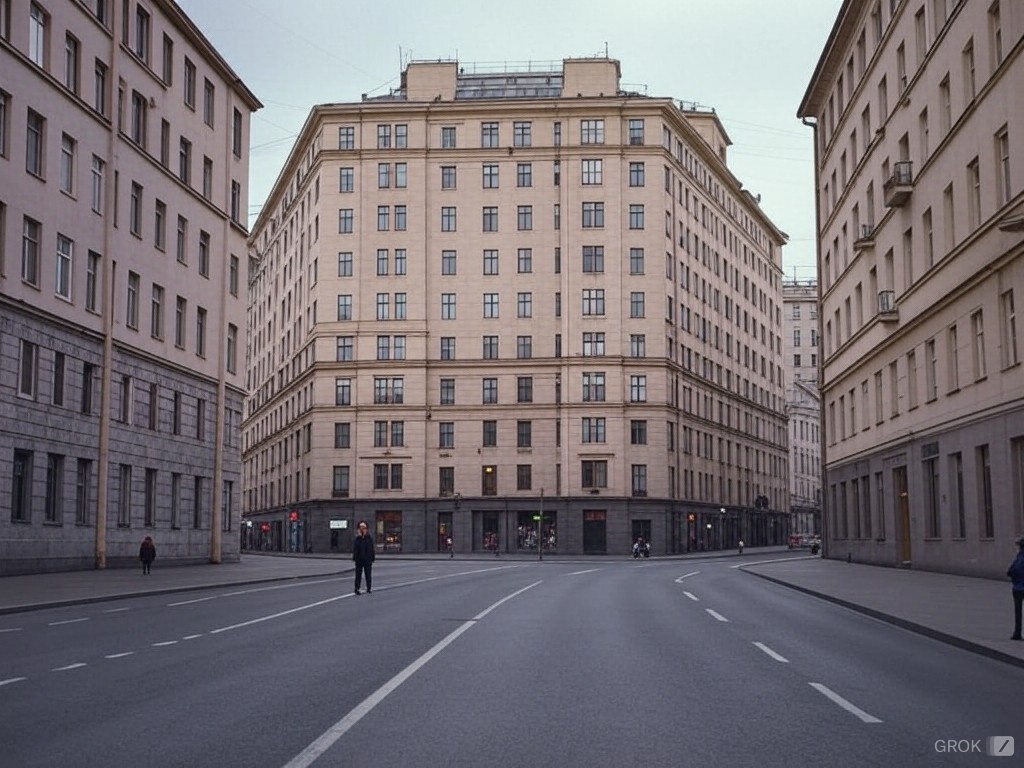A Wasp's Sting from a Scooter Bomb: How a Moscow Assassination Redefined Ukraine’s War

17 December 2024
In the fight for survival, Ukraine has proven that the front line isn’t where the battle always ends. Sometimes, it rolls silently on two wheels, deep into the heart of Moscow.
A scooter. Not a drone or a missile. Not a fighter jet or a covert military raid. Just a small electric scooter, rigged with an explosive and parked innocuously near a high-rise apartment block in Moscow. It detonated and, in an instant, claimed the life of Lieutenant General Igor Kirillov, Russia’s top official overseeing its chemical and biological warfare defenses. The weapon was unassuming, almost banal—but the message it sent reverberates with unmistakable clarity.
Kirillov was no ordinary military figure. As the head of Russia's Nuclear, Biological, and Chemical Protection Troops, he stood at the nexus of some of the most controversial operations in the war with Ukraine. Western intelligence had accused him of overseeing the use of prohibited chemical agents like chloropicrin—a choking agent from the trenches of World War I—against Ukrainian soldiers. For Ukraine, Kirillov wasn’t just another officer; he was the personification of a cold-blooded war machine wielding weapons forbidden by international law.
By claiming Kirillov's life, Ukraine’s Security Service (SBU) delivered a pointed and precise act of retribution. But this wasn’t just about vengeance. It was an operation that crossed physical, psychological, and political boundaries. Moscow, Russia’s fortress capital, was breached not with the roar of artillery but with a quiet, calculated explosion—a stark reminder that no one is truly untouchable.
A Strategy of Shadows and Surprises
In many ways, the scooter bomb reveals how Ukraine’s strategic playbook is evolving. Defensive resilience on the home front has now expanded into offensive ingenuity on Russian soil. This assassination wasn’t just a tactical strike; it was a psychological one. To eliminate a high-ranking military official inside Moscow is to send a chilling message: We know where you live, and we can reach you.
For months, analysts have questioned how Ukraine might break through Russia’s entrenched positions, both geographically and mentally. The answer seems to lie in operations that aren’t bound by traditional military choreography. Drones buzzing over Kremlin rooftops, explosions at Russian airfields, and now a bomb hidden in an everyday scooter—they all point to an unsettling reality for Russia. The war is no longer confined to Ukraine’s ravaged towns and fields. The battlefield, like a shadow, is shifting to Moscow’s doorsteps.
The Risks of Boldness
Ukraine’s boldness is not without peril. Each strike inside Russia risks provoking escalations that could widen the conflict in ways neither side can fully control. Dmitry Medvedev, the hawkish former Russian president, swiftly condemned the scooter bombing as a “terrorist act,” vowing severe reprisals. As Ukraine pushes further into the theater of covert operations, the line between tactical brilliance and dangerous provocation becomes perilously thin.
Yet, there’s also the question of morale. These strikes are as much about lifting the spirits of a war-weary Ukrainian population as they are about destabilizing Russia. For Ukrainians who have endured two years of bombardment, each successful operation on Russian soil is a small but potent reminder that their fight is not futile—that even the mighty can be touched.
What Comes Next?
In the coming months, we are likely to see more of these asymmetric maneuvers. Ukraine has found a formula for striking back, one that mixes creativity, audacity, and meticulous intelligence. The Kremlin, meanwhile, will tighten its defenses, sowing paranoia among its officials. But walls of suspicion are poor substitutes for actual security. If Ukraine continues to demonstrate its reach, Russia may find itself increasingly consumed by internal fears rather than external conquest.
Kirillov’s assassination, executed with a device as humble as a scooter, symbolizes the strange and evolving reality of this war. Traditional battlefields are giving way to unpredictable arenas. Both nations are trapped in a conflict where the rules are rewritten with each act of daring. The question isn’t just who will win this war, but how far each side is willing to go before the cost becomes unbearable.
For now, a single explosion in Moscow stands as a testament to an uncomfortable truth: Even in war, the most devastating blows sometimes arrive silently, unexpectedly, on wheels.
